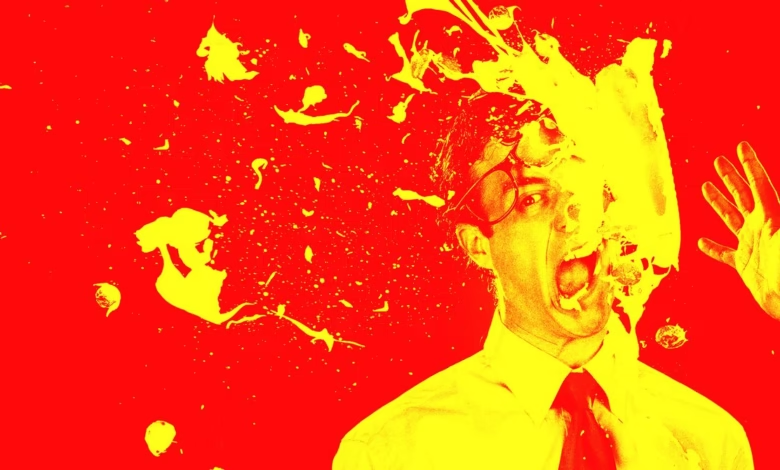AI Backlash Intensifies as Concerns Grow

▼ Summary
– Duolingo removed its viral social media content and shifted to an “AI-first” approach, sparking backlash over plans to replace contractors with AI automation.
– Public outrage grew as users criticized Duolingo for replacing workers with AI, leading to performative app deletions and negative social media comments.
– Duolingo clarified that AI won’t replace staff but will reduce contractor use for automatable tasks, aligning with broader tech industry trends like Klarna and Salesforce.
– Critics highlight multiple concerns about generative AI, including job displacement, errors, environmental harm, mental health impacts, and copyright violations.
– Initial excitement for AI tools like ChatGPT has waned, with growing pushback from creatives and workers, reflecting broader societal skepticism toward AI’s role.
The growing backlash against artificial intelligence has reached a tipping point, with major brands facing public outrage as automation reshapes workplaces. Duolingo, once celebrated for its viral social media presence, recently faced intense criticism after announcing plans to prioritize AI, a move that included reducing reliance on human contractors. The language app’s decision sparked a wave of online protests, with users deleting the app en masse despite sacrificing their hard-earned progress streaks.
The backlash highlights a broader cultural shift. While AI tools like ChatGPT continue gaining users, frustration over job displacement, ethical concerns, and environmental impacts has fueled resistance. Duolingo’s spokesperson clarified that AI isn’t replacing employees but admitted automation would handle tasks previously done by contractors. Yet, the damage to the brand’s reputation was already done, with social media flooded by accusations of prioritizing profits over people.
Tech giants are doubling down on AI-driven efficiency, often at the expense of human labor. Companies like Klarna and Salesforce have openly discussed using AI to cut hiring in customer service and engineering roles. Meanwhile, developers aggressively market AI “agents” as replacements for repetitive tasks, further stoking fears of widespread job losses.
Beyond employment concerns, generative AI faces scrutiny for its flaws and ethical dilemmas. From inaccurate outputs to massive energy consumption, the technology’s downsides are impossible to ignore. Artists and writers have led the charge against AI’s reliance on copyrighted material for training, with lawsuits from publishers and Hollywood studios amplifying the debate. The 2023 writers’ strike underscored these tensions, as creatives fought to protect their work from being exploited by algorithms.
Public sentiment has shifted dramatically since ChatGPT’s debut. What began as fascination with AI’s creative potential has soured into skepticism. Brian Merchant, author of Blood in the Machine, observes a rising “ambient animosity” toward AI systems, comparing today’s backlash to historical resistance against automation. As companies race to integrate AI, the human cost, and the public’s willingness to push back, could define the next chapter of technological adoption.
(Source: Wired)





